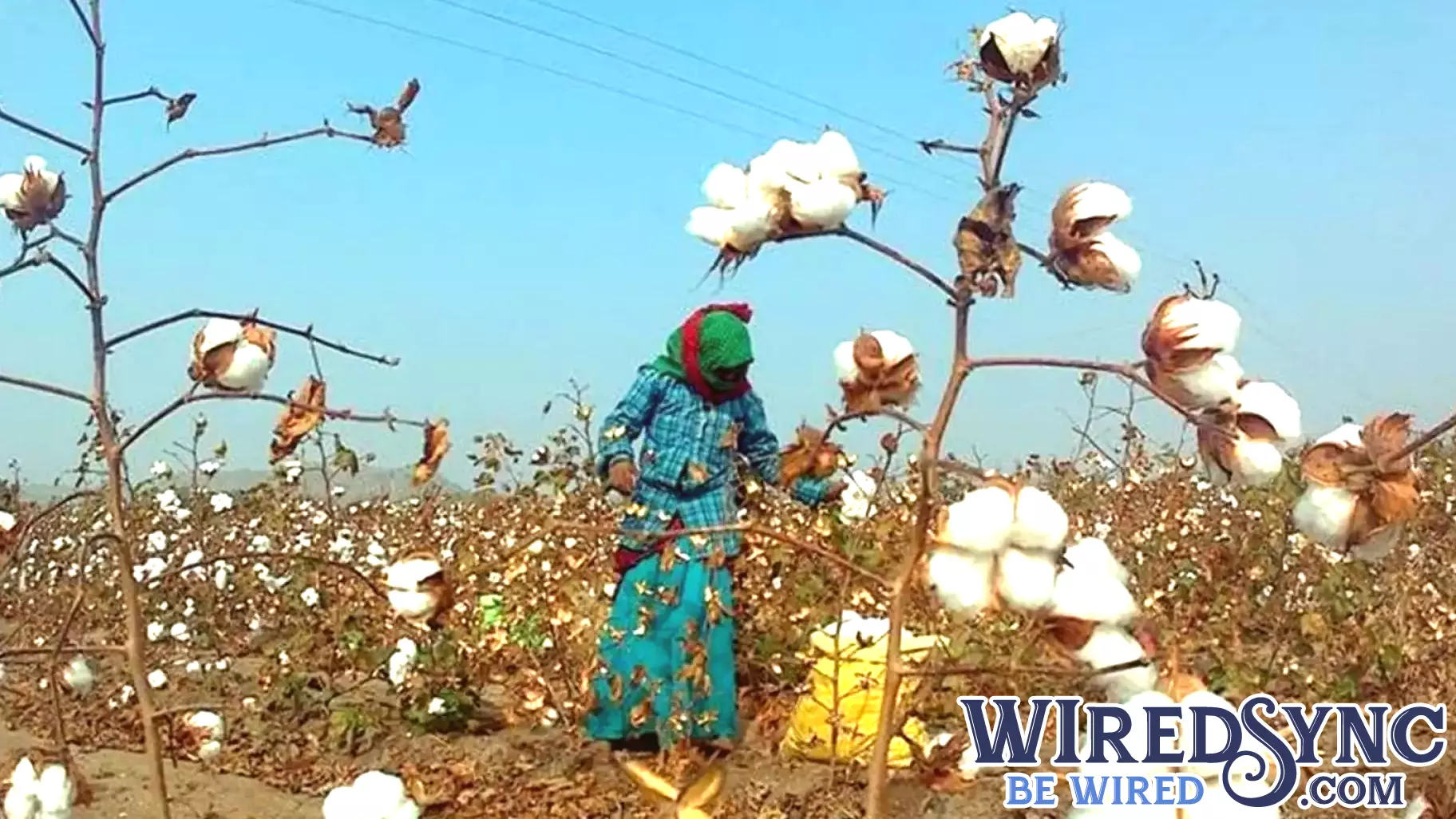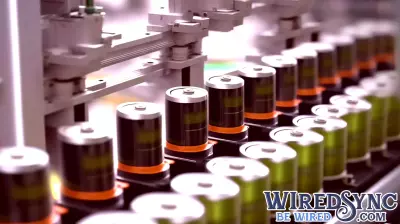The Struggle for Technological Advancement in Indian Agriculture
March 29, 2025 - 08:56

The Indian farmer has long been deprived of essential technological advancements, particularly in the realm of genetically modified (GM) crops. This lack of access has significant implications for the agricultural sector, especially in cotton production, where India once thrived as a leading player. The reluctance to embrace science and technology has left many farmers grappling with outdated practices that hinder productivity and sustainability.
Activists have increasingly raised concerns over GM crops, leading to the blocking of field trials that could potentially revolutionize agricultural practices. This opposition raises critical questions about the future of agricultural innovation in India. As the country faces pressure to import GM soyameal and corn, the ports of Nhava Sheva and Visakhapatnam stand at a crossroads. Will the same activists who oppose local trials also impede the entry of these vital imports?
The ongoing debate reflects a broader tension between tradition and progress, with the future of Indian agriculture hanging in the balance. The need for a balanced approach that considers both safety and technological advancement has never been more urgent.
MORE NEWS

March 5, 2026 - 06:14
Farm Day returns to Kern County, showcases new AI technologyThe annual Farm Day event has once again opened the gates for Kern County`s elementary school students, offering a vibrant, hands-on journey from field to fork. This immersive experience provides a...

March 4, 2026 - 21:16
UA’s Alabama Mobility and Power Center to Integrate Honeywell Technology in Battery Research LabThe University of Alabama’s Alabama Mobility and Power Center (AMP) is elevating its research capabilities through a new partnership with technology giant Honeywell. The center’s Battery...

March 4, 2026 - 11:47
Top 4 tax technology trends for 2026 and beyondThe tax industry is on the cusp of a profound transformation, moving beyond simple digitization toward intelligent automation and seamless integration. By 2026, several key technological trends...

March 3, 2026 - 20:35
OpenAI could profit handsomely from Pentagon deal, says Big Technology's Alex KantrowitzA landmark agreement between OpenAI and the U.S. Department of Defense is drawing significant attention for its strategic and financial implications. According to analysis from Big Technology`s...